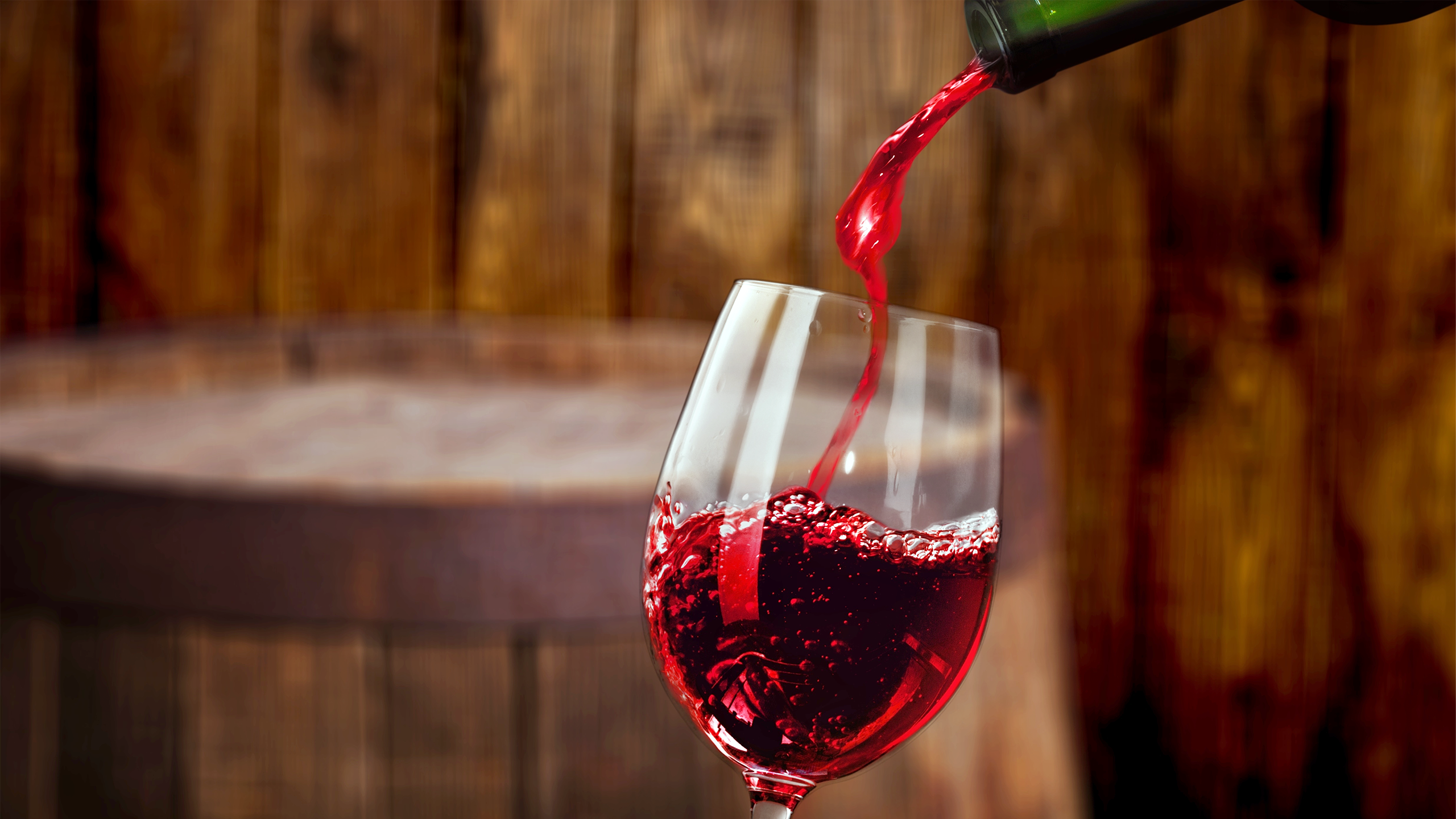There are several aspects to any health benefits of oak aged wines and spirits. The first component is the wine or spirit itself. It has been thought for a long time, and recent research seems to back it up, that moderate consumption of 1 or two alcoholic drinks per day can increase the average lifespan of an otherwise healthy person. It has been shown to raise the good HDL cholesterol, prevent blood platelet clumping and sticking which cause deadly blood clots that lead to heart attack and stroke, and also to combat prevent the taking on of parasites in regions where safe drinking water is not the norm.
Check below some Health Benefits of Oak Aged Wines and Spirits
Beyond the alluring aromas and complex flavors, oak-aged wines and spirits whisper secret promises of health benefits. While moderation is always key, research suggests that a well-curated sip can offer more than just a delightful buzz. Let’s delve into the fascinating world of oak and discover the potential health perks swirling within your glass.
The Magic of Oak:
The magic begins with the barrel itself. Oak forests teeming with biodiversity contribute unique tannins and volatile compounds to the wood. These, when toasted or charred, infuse the aging alcohol with an array of aromas and flavors, but more importantly, a treasure trove of beneficial compounds.
Wines for Wellbeing:
Red wine: The champion of the bunch, red wine boasts a wealth of antioxidants, particularly resveratrol, known for its anti-inflammatory and heart-protective properties. Moderate consumption has been linked to reduced risk of cardiovascular diseases, dementia, and even certain cancers.
White wine: Don’t underestimate the whites! Oak-aged white wines like Chardonnay and Sauvignon Blanc benefit from subtle oak complexity while retaining their crispness. They offer moderate antioxidant benefits and may contribute to bone health due to their mineral content.
Spirits Unmasked:
Whiskey: From the fiery burn of rye to the smooth caress of bourbon, oak-aged whiskeys offer a surprising twist. Research suggests potential liver-protective properties due to ellagic acid, a tannin found in oak, and moderate consumption may contribute to lower “bad” cholesterol levels.
Cognac & Brandy: These luxurious spirits, born from grapes and aged in oak barrels, are rich in antioxidants and may offer similar heart-protective benefits as wine. Additionally, some studies suggest moderate brandy consumption could improve cognitive function in older adults.
Moderation is the Mantra:
It’s crucial to remember that these potential health benefits come with a significant caveat: moderation. Excessive alcohol consumption negates any potential positives and can harm your health. The WHO recommends a daily limit of 1 drink for women and 2 drinks for men.
Savoring the Science:
While further research is needed, the current findings offer a fascinating glimpse into the world of oak-aged beverages. So, the next time you raise a glass, savor not only the delightful taste but also the potential health whispers within. Remember, moderation is the key to unlocking the best of both worlds.
Wine and grape spirits contain many healthy polyphenol antioxidants, resveratrol, and gallic acid, which all combat cell damage which can lead to cancer. The action of antioxidants has long been known to give anticancer benefits, and the potent antioxidants in red wine, wine, and grape spirits, are no exception. Red wine has even more since the dark red pigment from the grape skins contains the most antioxidant content. Flavonoids and resveratrol go further by preventing the platelet stickiness that leads to deadly blood clots which result in heart attack and stroke.
The second aspect of oak aged spirits is a particularly potent antioxidant found in the oak barrels. It is the same antioxidant which is found in many fruits and vegetable matter, such as grapes, strawberries, walnuts, pecans, raspberries, pomegranates, and other natural produce. It is called ellagic acid, and it is highly concentrated in the oak wood that the aging barrels are made of. This chemical is leeched into the aging spirit during the lengthy oak aging.
During the temperature fluctuations common in spirit aging environments, the liquid penetrates the wood barrel and comes out again, many times over, thus infusing the liquid with plenty of ellagic acid from the oak. This would happen with any oak aged liquid, most commonly aged wines, cognac, brandies, bourbon & scotch whiskies, and even some aged rums. All of these alcoholic beverages contain hefty amounts of ellagic acid, as well as the many other substances that are inherent in the drinks themselves before the aging process.
Ellagic acid has been shown to cause cell death in cancer cells. It is also thought that it prevents carcinogens from binding to DNA. As we all know, DNA damage passed on through replication can result in cancerous mutations. It also strengthens connective tissue resulting in the prevention of the cancer from spreading. Ellagic acid also reduces heart disease, liver fibrosis, birth defects, and it promotes wound healing. It has also been shown to prevent tumor growth, bladder cancer, breast cancer, esophageal cancer, leukemia, and prostate cancer. It is also antimicrobial.
Oak aged wines and spirits contain many health promoting compounds, as well as ellagic acid from grapes (in grape spirits and wine) as well as from the oak barrels which they are aged in. Remember that the key to integrating these drinks into a healthy diet is moderation. In the case of alcoholic beverages, more is not better, and you should stick to the one or two drink per day limit or risk turning a health benefit into a liability. Enjoy responsibly and you can have a longer and tastier life.
